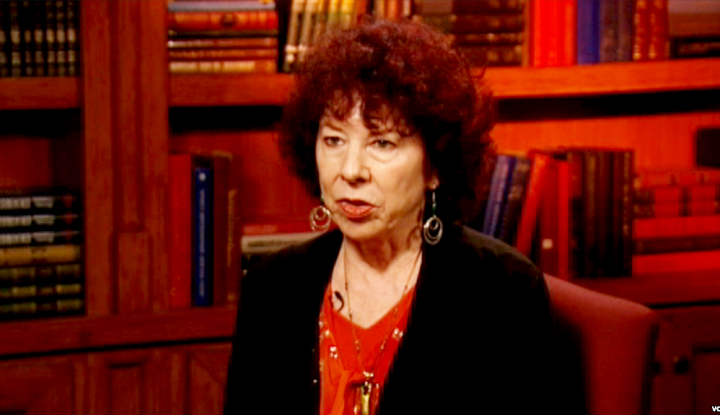| The tide is beginning to turn away from European support for the government of Serbia and towards European recognition of the role that the government of Kosova plays as a democratic nation in the Western Balkans with its history as a population of Roman Catholics, secular Muslims, Orthodox Christians, and Jews living side by side in harmony for centuries.
Last November, the recognition of the suppression of the Serbian population by President Aleksandar Vucic was ignited by a student-led protest movement in Belgrade after fifteen Novi Sad residents died from the collapse of a shoddily built concrete canopy at a railway station. Tens of thousands of Serbs have joined the student-led opposition to strong man Vucic and his ruling Serbian Progressive Party, with 800,000 holding a peaceful demonstration on March 16, 2025. “Your hands are bloody,” cried the opposition in its clarion call for an end to corruption and mismanagement by the Vucic government.
As President Vucic’s grip on power shrinks, Western European recognition of his ties to Russia and efforts to undermine Kosova are rising. Simultaneously, more and more Western European leaders are recognizing the peace and stability that Kosovars can bring to the region, led by Prime Minister Albin Kurti and President Vjosa Osmani.
On March 18, Croatia, Albania, and Kosova signed a Declaration on Strengthening Defense Cooperation. When Serbia’s Defence Minister Bratislav Gasic called it a “provocative initiative,” Croatian Defense Minister Ivan Anusic explained that “Cooperation with Albania and Kosovo focuses on knowledge exchange, collaboration between military industries and support for the Euro-Atlantic aspirations of Albania and Kosovo. …The time when Zagreb sought Belgrade’s approval for its actions was long gone and would never return.”
Kosova President Vjosa Osmani observed that “aggressor States like Serbia and Russia present themselves as if they are being attacked. We [Kosova] have never attacked anyone, and we have never tried to occupy a single centimeter of someone else’s territory. The time when Serbia is questioned about anything is over once and for all. We are a sovereign, independent state. We make our own decisions in accordance with our interests and with the goal of peace and stability in the region, a goal that is endangered only by Serbia, no one else.”
British MP Alicia Kearns, an expert on foreign affairs who has long recognized the de-stabilizing role that Serbia has played in the Balkans, characterized Kosova on the occasion of its 17th anniversary of independence this February, “a beacon of democracy in a difficult neighborhood.” For this reason, Kosova can make a fundamental difference in the region. But this can become a reality only if sanctions against Kosova are lifted and Europe supports Prime Minister’s Albin Kurti’s insistence on sitting down to negotiate with Serbian government authorities only after Serbia recognizes Kosova’s independence.
In February 2025, the Kosova media reported that the European Parliament’s Rapporteur, Riho Terras, had called for the immediate removal of EU measures against Kosova, a recommendation that was made in 2024 by then EU High Representative Josep Borrell.
Again and again, the Government of Kosova has demonstrated its alliance with Europe and the United States, in 2024 publicly opposing Russian President Vladimir Putin’s invasion of Ukraine and declaring its support for the people of Ukraine. Now that the Trump administration is in power, embraces Russia and Serbia, and has described the European Union as “a foe,” Western Europe is under threat and Kosova is potentially under threat. This is why it is important for Western Europe to reinforce the constructive role that the Kosova government, led by Prime Minister Albin Kurti, can play in the Balkans in its effort to advance democracy and commitment to the rule of law.
While Kosova needs European protection, Europe needs Kosova’s protection. The Government of Kosova can make a major contribution to stopping the incursion of Russia into Western Europe in a peaceful manner. But it cannot do so if it is forced to accept the creation of the Association of Serbian Municipalities before the Serbian government recognizes Kosova as an independent nation. This action would strip Kosova of its ability to function as a unified nation committed to bringing security and lasting peace to the region.
All the best,
Shirley Cloyes DioGuardi
Balkan Affairs Adviser
|
